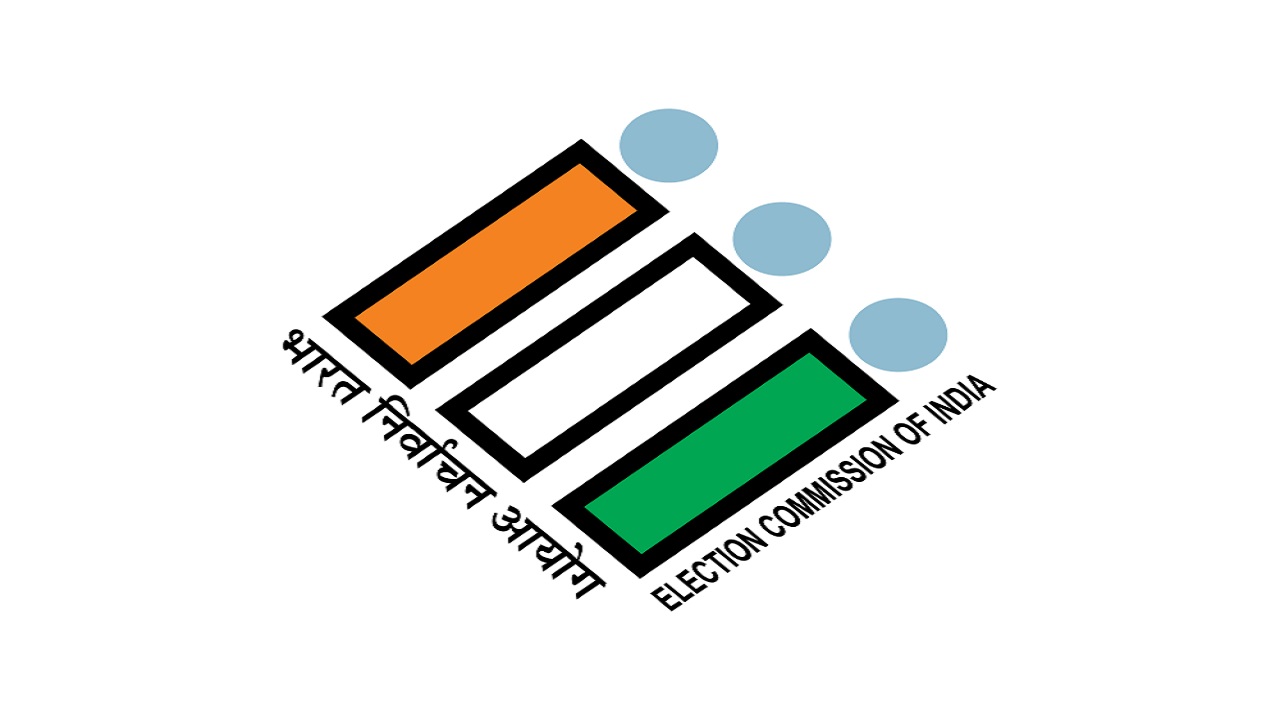Chief Election Commissioner : Appointment, Tenure, and Removal
Context
Recently, opposition parties expressed that they were considering moving a motion for the removal of the Chief Election Commissioner (CEC) during the ongoing Parliament session. This has once again brought attention to the constitutional and statutory provisions related to the appointment, tenure, powers, and removal of the CEC.
Introduction
The Chief Election Commissioner (CEC) heads the Election Commission of India (ECI), which is an autonomous constitutional authority entrusted with conducting free and fair elections in the country. The CEC enjoys strong constitutional safeguards to ensure independence from political influence, thereby upholding the integrity of the electoral process.
Constitutional Basis
-
The authority of the Election Commission is derived from Article 324 of the Constitution, under Part XV.
-
Statutory provisions are laid down in the Chief Election Commissioner and Other Election Commissioners (Appointment, Conditions of Service and Term of Office) Act, 2023.
-
These provisions deal with the appointment, tenure, service conditions, and removal of the CEC.
Appointment of the CEC
-
Appointing authority – The CEC and other election commissioners are appointed by the President of India.
-
Selection committee – Appointment is based on the recommendation of a three-member committee comprising the Prime Minister, the Leader of Opposition in the Lok Sabha, and one Union Cabinet Minister.
-
Qualifications – The Constitution does not prescribe specific qualifications. However, under the 2023 Act, appointees must have held secretary-level positions in government, must be persons of integrity, and should possess knowledge and experience in the conduct of elections.
-
Tenure – Six years or until the age of 65 years, whichever is earlier.
-
Service conditions – Salary, allowances, and benefits are the same as those of a judge of the Supreme Court.
-
Reappointment – The 2023 Act makes the CEC ineligible for reappointment after completion of the term.
Removal of the CEC
-
Article 324(5) provides that the CEC can be removed in the same manner and on the same grounds as a judge of the Supreme Court.
-
The same provision is also reflected in Section 11(2) of the 2023 Act.
-
Other Election Commissioners or Regional Commissioners can be removed only on the recommendation of the CEC.
-
Grounds for removal are as per Article 124(4):
-
Proved misbehaviour – includes corruption, abuse of office, or failure to discharge official duties.
-
Incapacity – inability to perform official responsibilities.
-
-
Process of removal involves:
-
A notice of motion in either House of Parliament.
-
An enquiry to examine the charges of misbehaviour or incapacity.
-
Passage of the motion by a two-thirds majority of members present and voting in both Houses of Parliament.
-
The President then issues an order of removal, acting on the advice of Parliament.
-
Quick Facts: Election Commission of India
-
An autonomous constitutional body established under Article 324.
-
Responsible for ensuring free, fair, and impartial elections in India.
-
Comprises the Chief Election Commissioner and other Election Commissioners.
Conclusion
The office of the Chief Election Commissioner is safeguarded by constitutional provisions to ensure its independence and impartiality. By making the removal process as stringent as that of a Supreme Court judge, the Constitution ensures that the CEC remains insulated from political pressures, thereby reinforcing the credibility and fairness of the Indian electoral system.


_(1).jpg)

Comments (0)